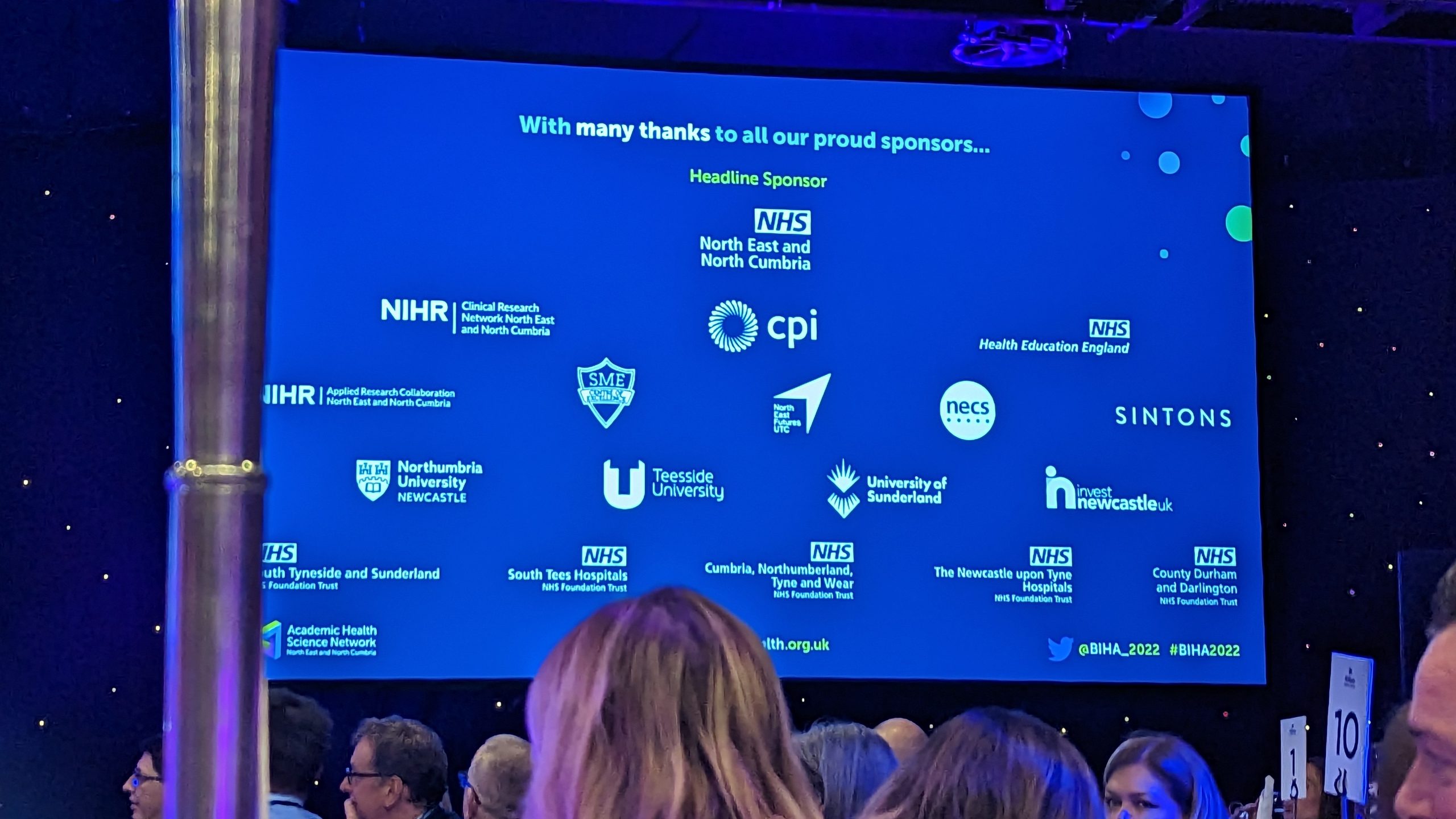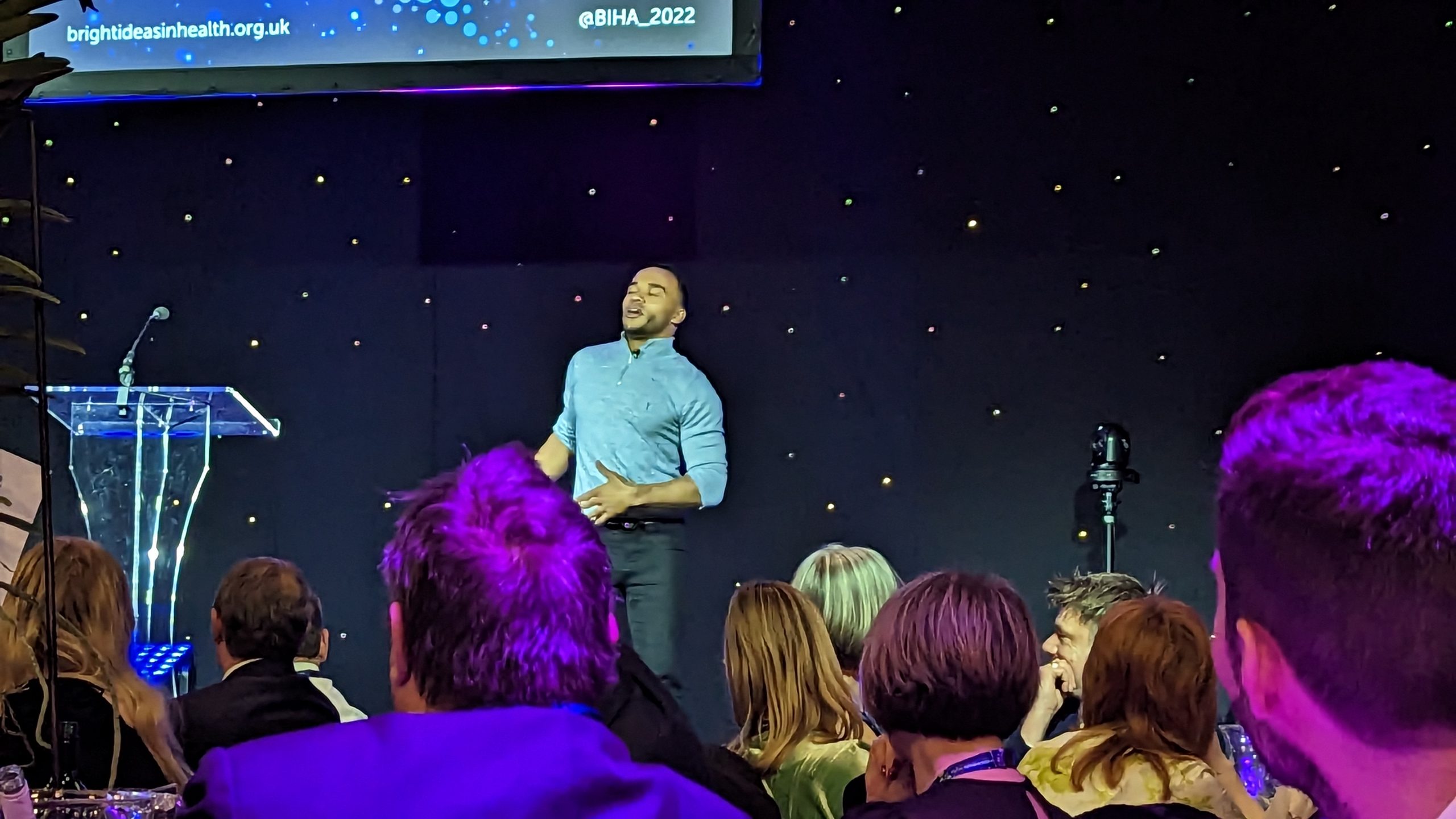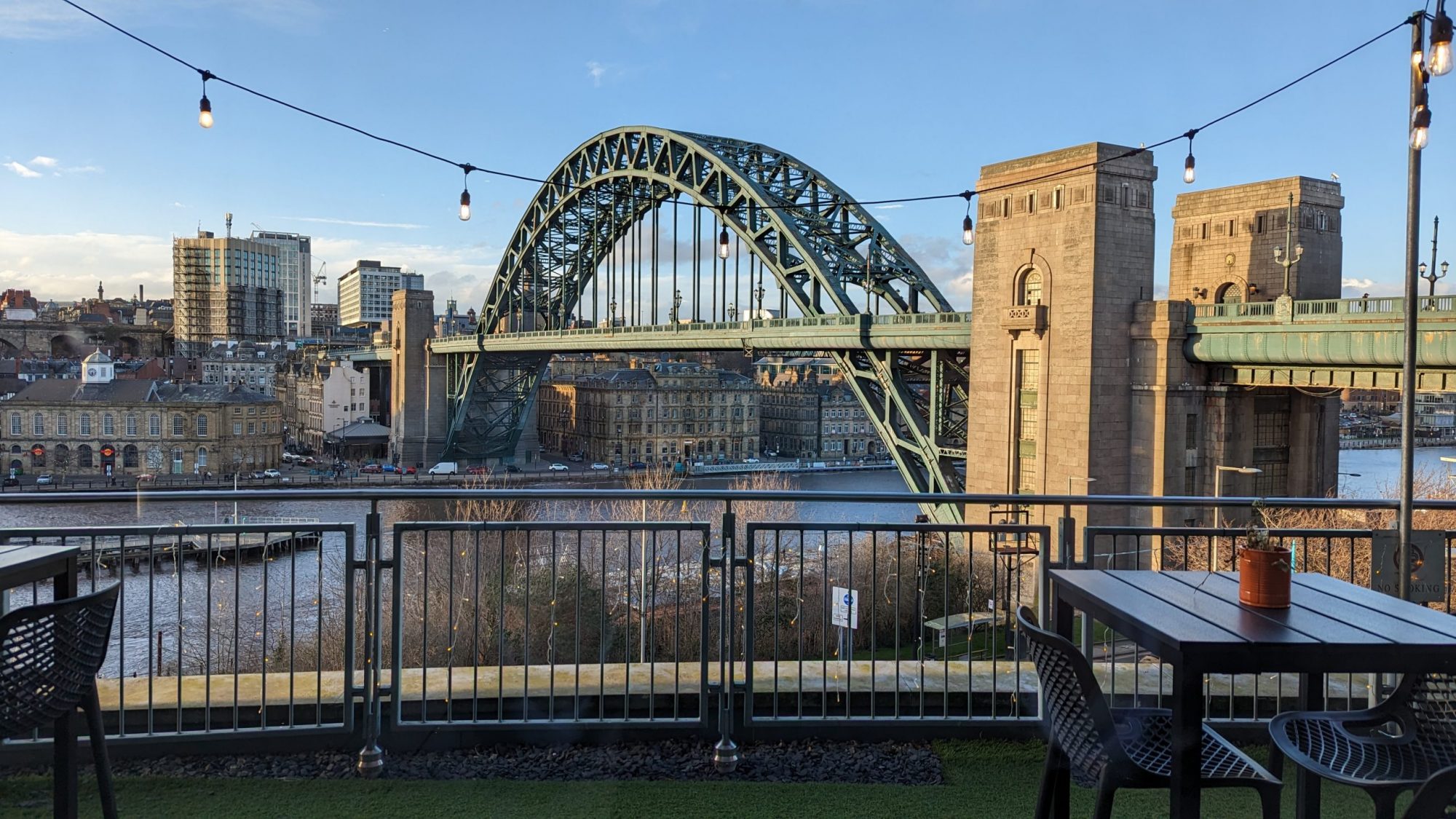I like to think that I know something about innovating. After all, I used to work for Woolworths, a company which, when faced with the rapidly changing high street sector, quickly pivoted – oh no, hold on. Hmmm. Okay, so. After all, I used to work for Blockbusters, a company which, when faced with a rapidly changing rental sector, quickly pivoted – oh, damn…
Look, I have at least set-up and run a company. Many years ago, back when Charlie Sheen had his spectacular meltdown, Beyonce announced her first pregnancy, the best Fast & Furious movie was dominating the box office (it’s number 5 and I will be taking no further questions), and Adele was singing about Someone Like You (probably not you though, honestly get over yourself), I was grappling with the issue of trying to teach osteology to students who had no real interest in it and in a department with no real osteological resources. The solution seemed obvious to me – create some 3D photo-realistic digital resources, pop them in an app, and away we go. Interactivity in the classroom and at home. Thanks to the expertise at Digital City and our Launchpad, and a combination of gaming, engineering and anthropological skillsets, I was able to create an app for the iPad which not only displayed skeletal remains, but allowed labelling and other pedagogical interactivity. It was my greatest progeny (calm down, my actual children never read this so I can say what I want).
I would be lying if I said that it was an easy process. The learning curve, both in terms of running a company and serious gaming, was steep. And this was true even though I’d been working in the private sector after finishing my PhD and was also a long-time gamer. The biggest challenge was keeping ahead of the rest of the sector – continually creating products that people wanted to use. And we did – we had clients on every continent and picked up a number of awards – but ultimately it was hard to sustain that pace whilst also developing my academic career. Nonetheless, it was an example of necessity being the mother of invention.
There’s often a lot of talk about innovation and how to stimulate it. The UK’s government is continually investing in innovation, including most recently £3.5B in future tech such as AI research (hold on, did ChatGPT write that…?). For me though, the phrase ‘innovation’ is much like ‘digital health’ – it means everything and nothing. So you can’t just chuck money at it and expect it to work. There needs to be a culture that is accepting of innovation, which includes acceptance of risk, failure, disruption to the norm, as well as one which allows staff the time and space to reflect, consider and think. We also need to bring different disciplines and expertise together because exciting things happen at that interface – very little rapid change happens slap-bang in the middle of a discipline.

Which brings me neatly onto the Bright Ideas in Health Awards. These annual awards shine a spotlight on solutions to problems or situations faced in the health context in the north-east of England. Categories include Development of an Innovative Device or Technology, Innovation in Clinical Education, and Contribution to Sustainable Healthcare. Teesside is a sponsor of the event, and so we were able to join the evening’s celebrations up at the Hilton Newcastle Gateshead. And how appropriate to host such an event in Newcastle, a city in a region with a long history of innovation – railways, matches and then the light bulb (I see you Edison…) and then the light switch, lifeboats, windscreen wipers and Greggs are all from up here. The evening had a wine reception, dinner and several talks before the awards. Some of our School of Health and Life Sciences team were nominated as finalists, which we are hugely proud of – the project Food Insecurity in Adults with Severe Mental Illness in the Cross-organisation Working to Deliver Research category and the Innovations in Gastroenterology and Endoscopy project in the Outstanding Industry Collaboration category. Unfortunately we didn’t win either category, but I was able to internalise my ‘Samuel L Jackson not winning an Oscar for Pulp Fiction’ face to recognise just how good those who did win were. Many of the winners and nominees had created solutions to manage complex COVID situations – underlining again how quickly talented people can respond to challenging problems if given a supportive and enterprising environment in which to work.

The after dinner speaker was Nicolas Hamilton, who is the younger (and according to him, better looking) half-brother of Lewis Hamilton, who spoke about his life. And it was really interesting, although I will confess to only having a vague awareness of him before the speech. Like is brother, Nicolas is a racing driver, but he also suffers from cerebral palsy. The story of his early struggles and how he’s come to accept and value himself was inspiring, and he highlighted the importance of self-belief and the NHS. The other key take away for me was a new found appreciation for the difficulties my sister has faced in her life. For she has also been in the shadow of an immeasurably more successful older brother…
